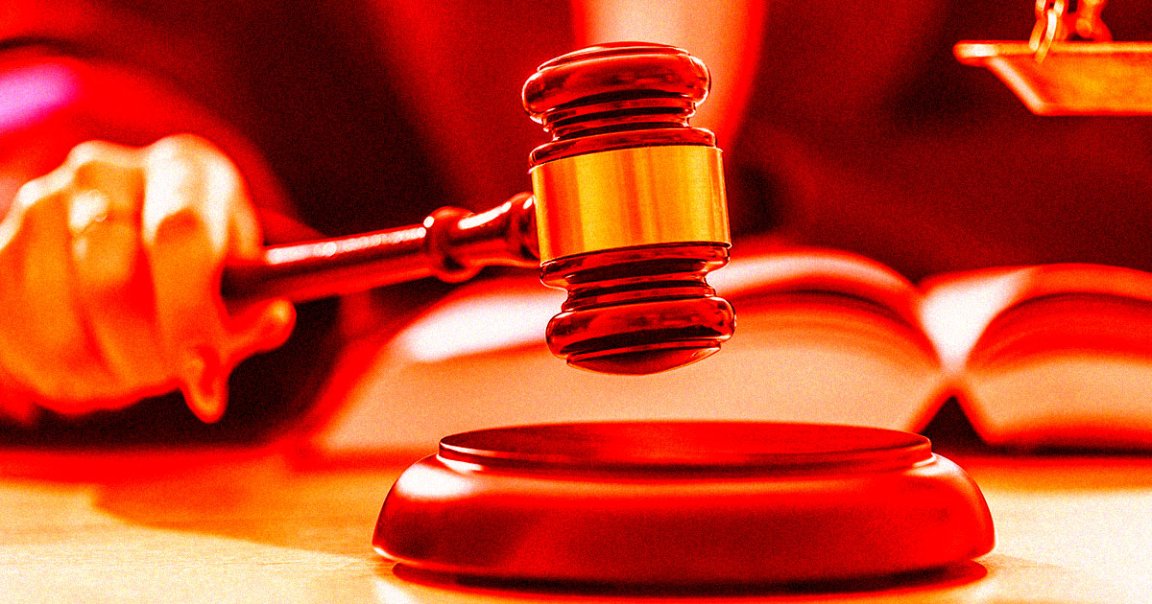
Time Out
Steven Schwartz, the lawyer who cited six nonexistent, ChatGPT-fabricated citations as precedents while attempting to argue a federal court case, has officially been punished by the court.
As Ars Technica reports, US District Judge Kevin Castel has ordered Schwartz and his partner Peter LoDuca to pay a $5,000 fine. The original lawsuit has also been tossed out in its entirety.
The lawyers are also required to send apology letters via “first class mail” to the six real judges that were named in the fake citations, complete with a transcript of the original court hearing as well as the details of their newly-handed punishment.
It’s no disbarment — frankly, it reads a bit more like a very expensive and embarrassing timeout — but rest assured: in his order, Castel made his feelings about the two lawyers’ actions more than clear.
Schwartz and LoDuca “abandoned their responsibilities when they submitted non-existent judicial opinions with fake quotes and citations created by the artificial intelligence tool ChatGPT,” Castel wrote in the order, issued yesterday in a Manhattan court, “then continued to stand by the fake opinions after judicial orders called their existence into question.”
Making an Example
Castel didn’t just condemn the use of ChatGPT. He was also careful to spell out the dangers of what the lawyers did.
“Many harms flow from the submission of fake opinions,” reads the order. “The opposing party wastes time and money in exposing the deception. The Court’s time is taken from other important endeavors. The client may be deprived of arguments based on authentic judicial precedents.”
“It promotes cynicism about the legal profession and the American judicial system,” it continues. “And a future litigant may be tempted to defy a judicial ruling by disingenuously claiming doubt about its authenticity.”
Castel makes some very salient points. AI technologies are already having an impact in the courtroom — Tesla’s lawyers, for example, have tried to argue that videos of the company’s CEO Elon Musk might be deepfaked, something that experts worry could cause a precedent.
In other words, truth matters. And hopefully, other lawyers will learn a lesson from all of this.
More on AI in the courtroom: Reality Is Melting as Lawyers Claim Real Videos Are Deepfakes